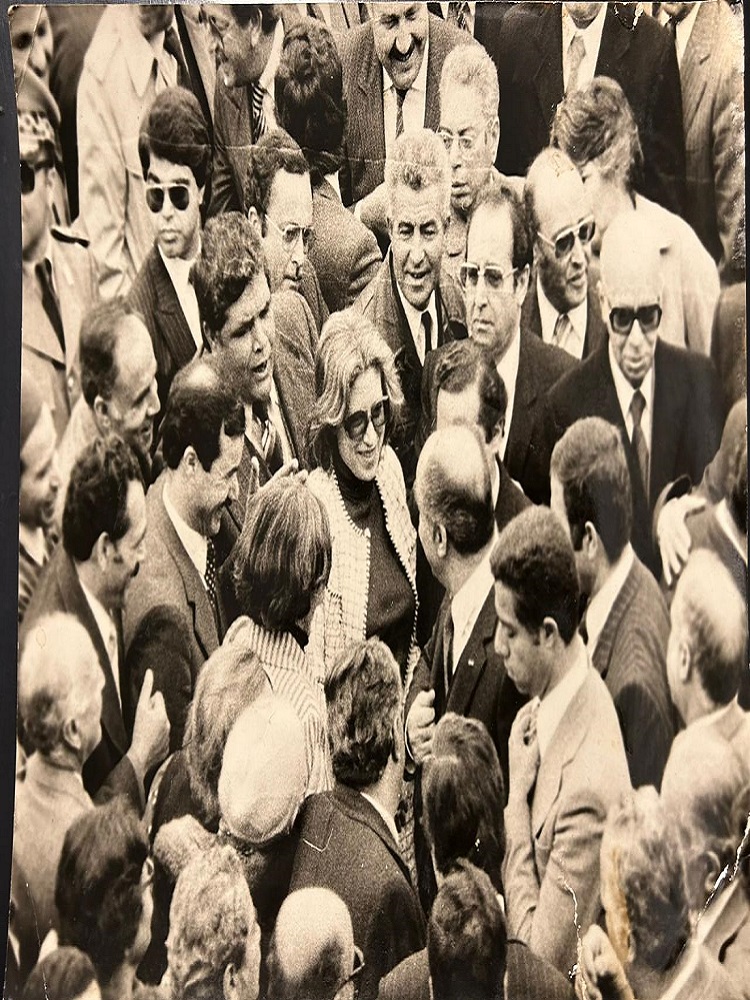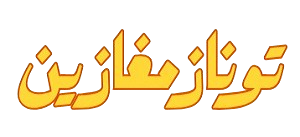
Raja El Almi
Raja El Almi, born on June 22, 1955, in Tunis, is a Tunisian journalist and writer. After obtaining her high school diploma in literature with honors and the jury’s congratulations at the age of 17, she distinguished herself early in her academic career, achieving an exceptional score of 20/20 in the preliminary French exams. These results allowed her to receive a government scholarship to enroll at the Lycée Louis Le Grand in Paris.
However, after a brief experience in Paris, she decided to return to Tunisia to continue her studies at the Faculty of Letters in Tunis.
In early 1975, while still a third-year student in French Literature, she began her career as a journalist, working as a freelancer for the magazine Dialogue, where she contributed to the cultural section. During this time, she worked alongside some of the most prominent figures in Tunisian journalism, such as Abdelhamid Gmati (Miduni), Fathi Houidi, Ridha Najar, Raouf Najar, and the cartoonist Ali Abid, under the direction of Omar S’habou.
From her very first article, she established herself as an indispensable figure in the field, notably with her coverage of the Sabah Fakhri gala, she titled “Encounter Between the Soul and Song.” This article showcases her mastery of musicology and Arabic literature, her artistic sensitivity, and her unique writing style, blending French and Arabic in an innovative approach.
She quickly became a respected and admired figure within Tunisian journalistic and cultural circles. At Dialogue, she stood out for her in-depth and uncompromising analyses of the performances of major figures in both Arab and international culture, such as Sabah Fakhri, Mounir Bachir, James Brown, and the band Nas El Ghiwan. She also supported many Tunisian artists, including Taoufik Jebali, Fadhel Jaïbi, Anouar Brahem, and Lotfi Bouchnak.
Raja El Almi actively participates in a variety of seminars and cultural events, particularly those exploring the influence of Andalusian music on Maghreb culture, often collaborating with prominent figures like musicologist Salah El Mahdi. In addition to her music reviews, she also hosts the “Music” column and launched a television review page called Variations.
In 1978, at the age of 23, she was appointed Director of International Relations at Tunisian Radio and Television. In this capacity, she spearheaded negotiations for a partnership with France Télévisions, which led to the free broadcast of the France 2 channel in Tunisia. However, after a few weeks, she chose to return to her journalism career at Le Dialogue, feeling that her true interests and strengths lay in the written press rather than in administrative roles.
In 1979, after the departure of Omar S’habou and under the leadership of Hamadi Ben Hammed, Raja El Almi took on the responsibility of the “Society” section while continuing to contribute to the “Culture” column. Shortly thereafter, she was appointed editor-in-chief of Dialogue magazine. On January 13, 1981, at the age of 25, she was named Director of Dialogue, a position she held until July 1986.
Her thoughts and commitments were deeply influenced by the personality and work of Habib Bourguiba, whom she greatly admired. She passionately advocated for social causes championed by the Tunisian president, such as literacy (particularly for girls), women’s rights, access to contraception, and human development. She traveled across Tunisia, from Aïn Draham to Borj El Khadhra, to promote these ideas.
On the international stage, she was part of the official Tunisian delegation during the Prime Minister’s trips. In 1982, she hosted Yasser Arafat in Bizerte during the exile of the Palestine Liberation Organization (PLO) in Tunisia. She also conducted a notable interview with President Léopold Sédar Senghor and reported on Afghan refugees in Pakistan, including an interview with the Pakistani Prime Minister. Her bold editorials, particularly during the Tunisian-Libyan crises, accompanied by satirical caricatures from the artist Ali Abid, led to her being banned from entering Libya and receiving several death threats.
From 1982 to 1987, she served as vice-president of the La Goulette municipality, then led by Béji Caïd Essebsi. In the field of community work, she co-founded several lasting initiatives, including the Fish Festival in La Goulette and the Tunis Computer and Office Technology Fair, organized under the Junior International Chamber. Alongside engineer Mokhtar Laatiri, she played a key role in introducing microcomputing and the internet to Tunisia.





